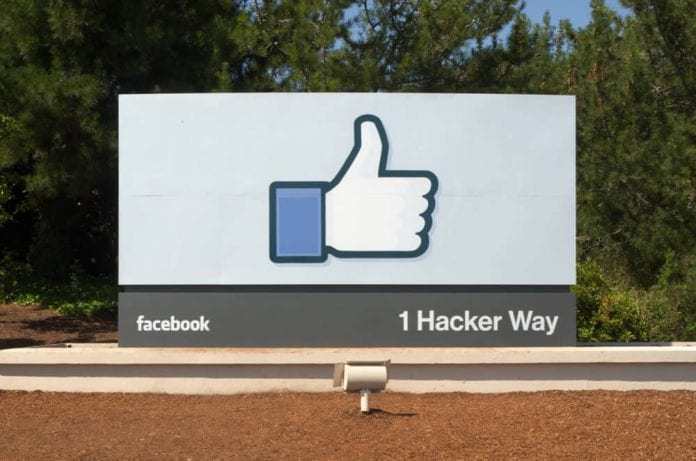Three fourths of Facebook Inc (NASDAQ:FB)’s revenue is contributed by mobile device based advertising as revealed in the company’s impressive earnings release. This is something amazing as three years ago, Facebook did not have any mobile advertising business.
The entire increase in Facebook’s revenue, after it went public, can be attributed to its revenue generated from mobile ads. Desktop advertisements and payments revenue have hardly increased. The jump in the revenue shows that how MNCs are investing to engage an audience that spends a substantial portion of their time on Facebook.
During Facebook’s Q2 conference, investors raised questions on finance mainly about Instagram, Messenger and video.
Mark Zuckerberg mentioned a statistic of interest. Every day, people do 1.5 billion searches on Facebook. Incidentally, the website has indexed over two trillion posts. The majority of these searches concern people or Facebook posts.
Currently, most FB searches don’t follow in the commercial domain, it has immense monetization potential. Analysts from Bank of America Corp (NYSE:BAC) put the worth of the search as larger than Instagram’s worth that is estimated to be over $4 billion.
Facebook looks at search as the top way to assist people discover more pertinent content and keep them on the social network for a longer time. More time on the website translates into more time to view News Feed ads.
Analysts mentioned search as one among the Facebook’s six big opportunities, commenting that it will evolve in the future. Zuckerberg appears to agree and had last year said that search feature for Facebook is a long-term opportunity.
Analysts say that consumers’ spend between 20% and 33% of their available time on mobile devices on Facebook apps.
Facebook is a company having a huge user base that can be leveraged to bring in new and lucrative revenue opportunities. Though Facebook ranks second to Google Inc (NASDAQ:GOOG) in the $69 billion global mobile advertising market currently, it’s growing at a faster pace than the numero uno.
Sources: businessinsider, WSJ









